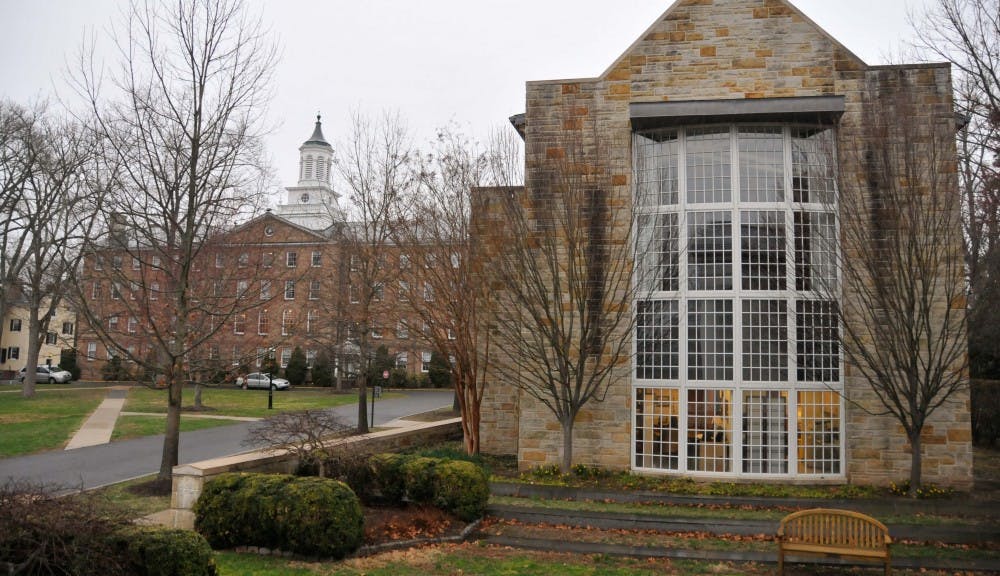The Princeton Theological Seminary has received a $1.1 million grant from Lilly Endowment, Inc. to fund The Confirmation Project, Christian Youth: Learning and Living the Faith. Lilly Endowment, Inc. is a private foundation from Indiana that supports advancements in religion and education.
The focus of the research project will be on how confirmation, a rite of initiation in several Christian denominations,and equivalent practices build lasting faith and discipleship in youth. The project will study five Protestant denominations in North America: the African Methodist Episcopal Church, the Episcopal Church, the Evangelical Lutheran Church in America, the Presbyterian Church in America and the United Methodist Church.
The Confirmation Project has reported that its primary objectives in the study include identifying the congregations with the best practicefor further research, developing new educational approaches for confirmation that account for modern media and the influence of social networking, and discovering innovative examples of confirmation and equivalent practicesnationwide that can then be utilized by other congregations.
Professor Richard Osmer of the Practical Theology Department, who is one of the codirectors of the project, and representatives from the Lilly Endowment did not respond to requests for comment.
Postdoctoral fellow Katherine Douglass, the other codirector of the project, explainedthat the program will consist of both site visits and a national survey, noting that they will visit 25 churches across the United States.
“It’s not just visiting churches in the area,” Douglass said. “For example, in the Presbyterian Church, there are over 30,000 congregations, so we’ll be sampling from five different denominations, each of which has at least in the thousands [of congregations]. So it’ll be quite large.”
Douglass explained that the research is intended to benefit three primary groups, the first of which is the family.
“We want them to benefit most directly by having the practice become something maybe more meaningful, and something that is not a relic from the past,” she said.

Douglass added that the research is also intended to benefit ministers and churches, as the provided data should set a base from which further research can be conducted. The last beneficiary group, she said, is the academic world.
“We’re really hopeful that the academy will be able to use our research methods as an example of other research,” she said.
The 20 “best practice” congregations will be identified nationwide after all the data is collected and will represent all five of the denominations studied. Graduate research assistants from around the country will be paired with these congregations as they work to share each congregation’s confirmation programs on The Confirmation Project website.
The Confirmation Project plans to finish its project in December 2016.









